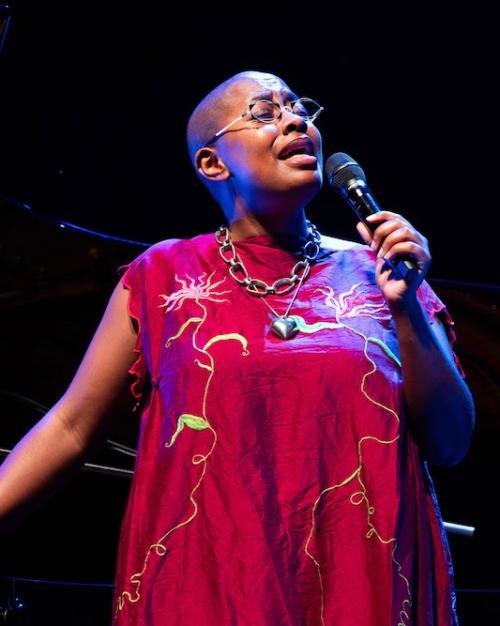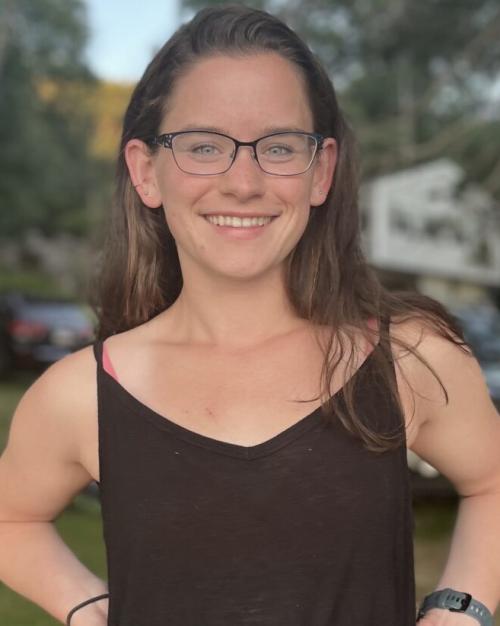Megan Driscoll is a doctoral student in chemistry and chemical biology with a focus in polymer chemistry from Chelmsford, Massachusetts. She earned her bachelor’s degree in marine science from the University of Maine and now researches new ways to make and upcycle polymers under the guidance of Brett Fors at Cornell.
What is your area of research and why is it important?
From the cellulose in cell walls to the polyester in our clothes and the plastic lining our coffee cups, polymers are ubiquitous in everyday materials. Because polymers are so vital to modern society, chemists are constantly working to improve the versatility, durability, and sustainability of polymeric materials. In the Fors group, I am researching new ways to make polymers using light as a sustainable energy source as well as exploring the upcycling of commodity polymers.
What are the larger implications of this research?
The use of light as an energy source has opened the door to a variety of polymer applications that were not possible using traditional heat-initiated polymers. My photopolymerization work aims to initiate polymers from versatile end-groups, allowing polymer conjugation to various substrates. For example, conjugation of polymers to peptides, a target of my work, can increase the lifetime of pharmaceutical peptides in the body. My work in upcycling polyurethanes is also important as society grapples with mediating plastic waste and making polymers more sustainable.
What does it mean to you to have received an NSF Graduate Research Fellowship?
Being awarded the NSF GRFP was a huge honor, and I am incredibly grateful to the NSF for sponsoring graduate students nationwide. This fellowship opens up connections and opportunities I would not have thought possible in my undergraduate studies.
What will your fellowship allow you to do that you may not have been able to otherwise?
Receiving the NSF GRFP allows me the opportunity and independence to have control over my research, rather than being limited by the scope of a grant or industry funding. Without that research freedom, I may not be able to dive into understanding the fundamental chemistry of my system, and instead would have been pressured by external deadlines and expectations that stray from my goals. Having this fellowship means I can take more chances, and that I’m not limited to one research path.
President Pollack has designated this academic year’s theme as freedom of expression. What does freedom of expression mean to you?
Freedom of expression is vital in academia and science because everyone deserves a space where they feel supported and accepted. We are often taught about academic freedom, and how crucial is to preserving the authenticity of research. Less often do we hear about freedom of expression. Science is home to a wonderful group of diverse, creative, and independent minds, and to limit their expression would be to limit their potential as a scientist and as a human. Protecting freedom of expression for the increasingly diverse scientific community is paramount to pushing research limits and furthering science for generations to come.
What are your hobbies or interests outside of your research or scholarship?
Outside of my research I am an avid runner, hiker, rock-climber, and reader. I like exploring the state parks and the wineries around the Finger Lakes, as well as going to local art fairs and the Ithaca Farmers Market.
Why did you choose Cornell to pursue your degree?
I chose Cornell for my Ph.D. because I loved the sense of community and comradery among the graduate students. I felt at home surrounded by the students who were passionate not only about their research but also about their hobbies outside of work. I found the atmosphere of the chemistry department to be supportive and friendly, and could (and still do) see myself being happy in Ithaca for the next five years.
Read the story on the Cornell University Graduate School website.




